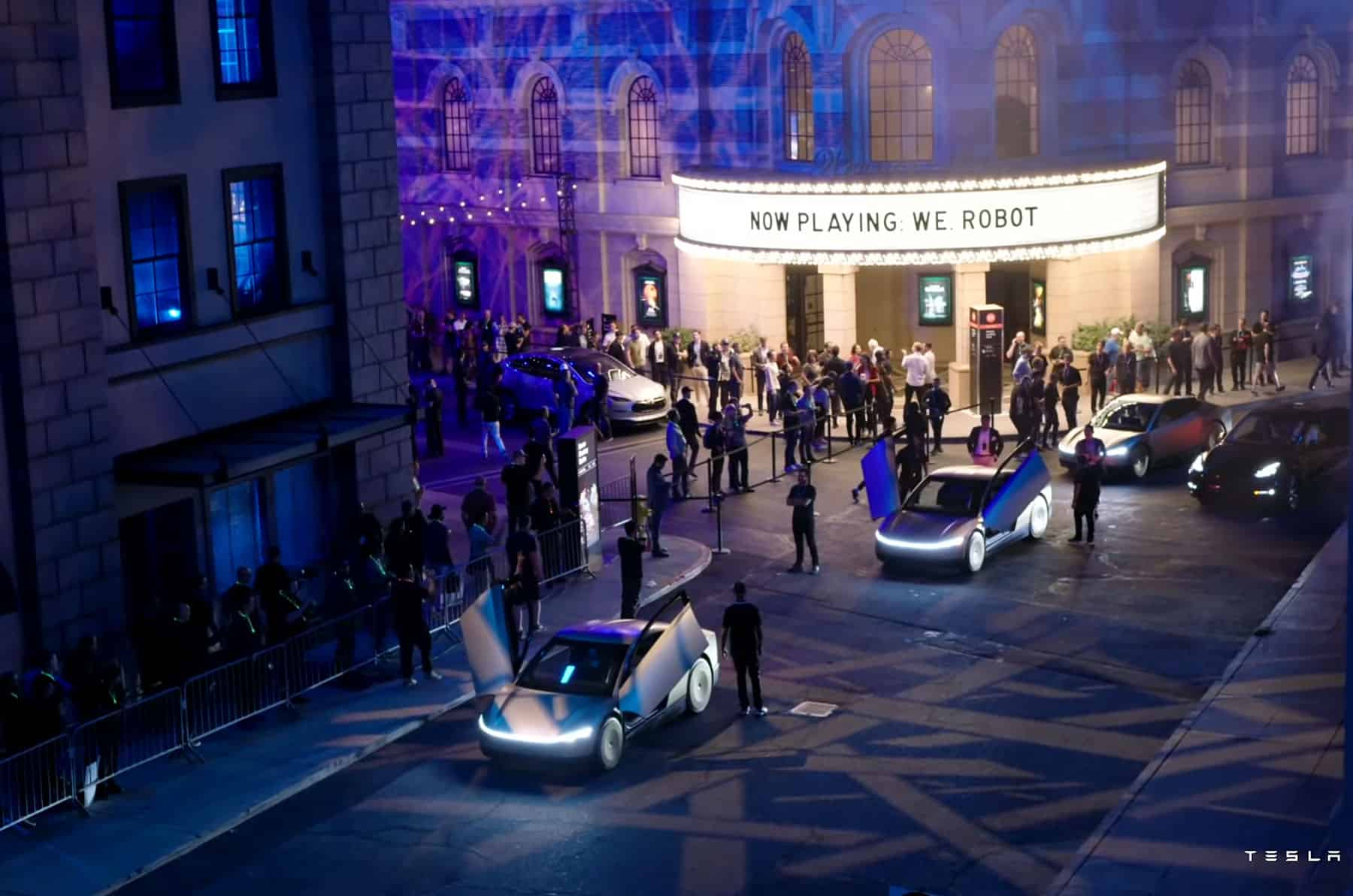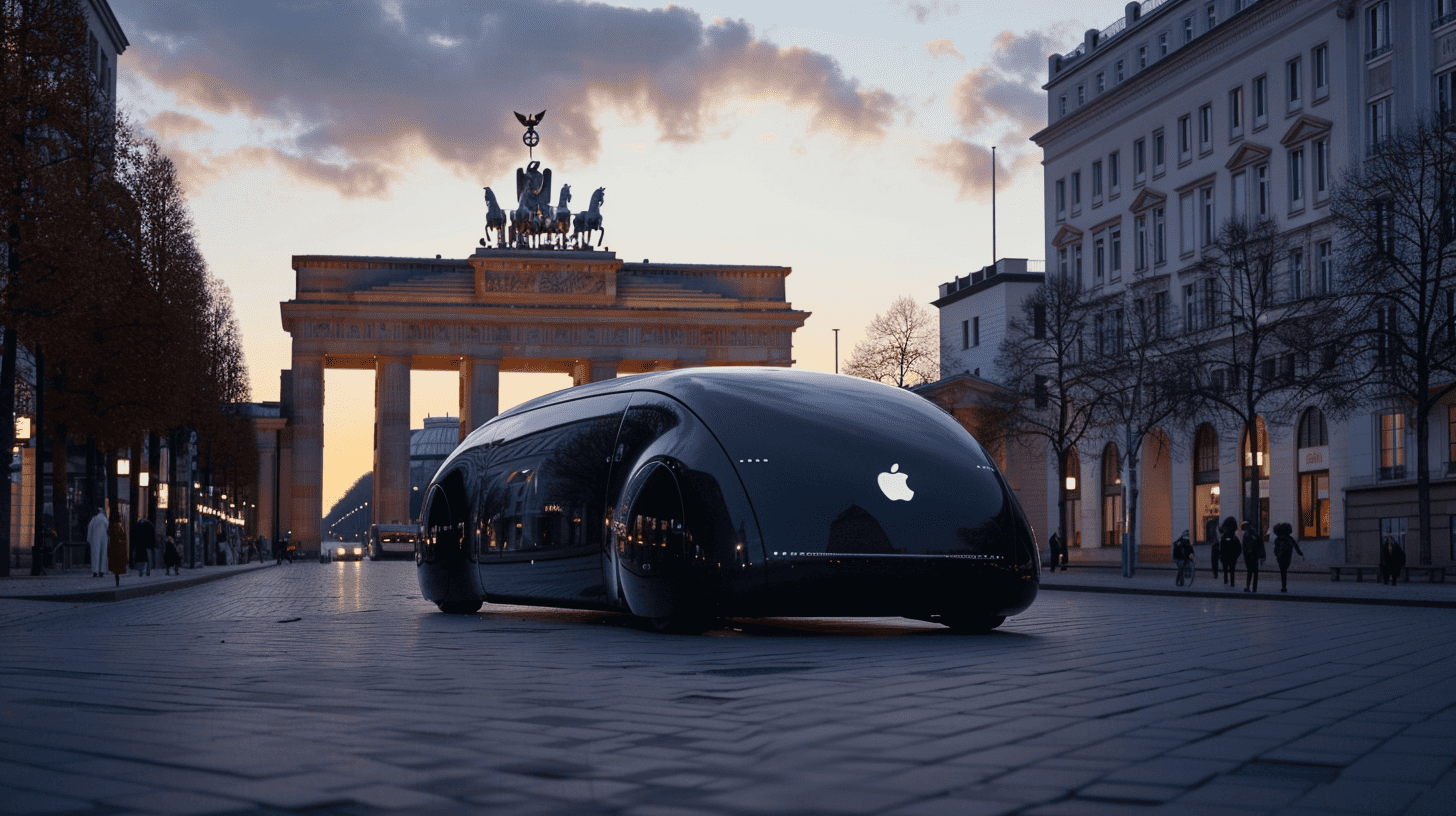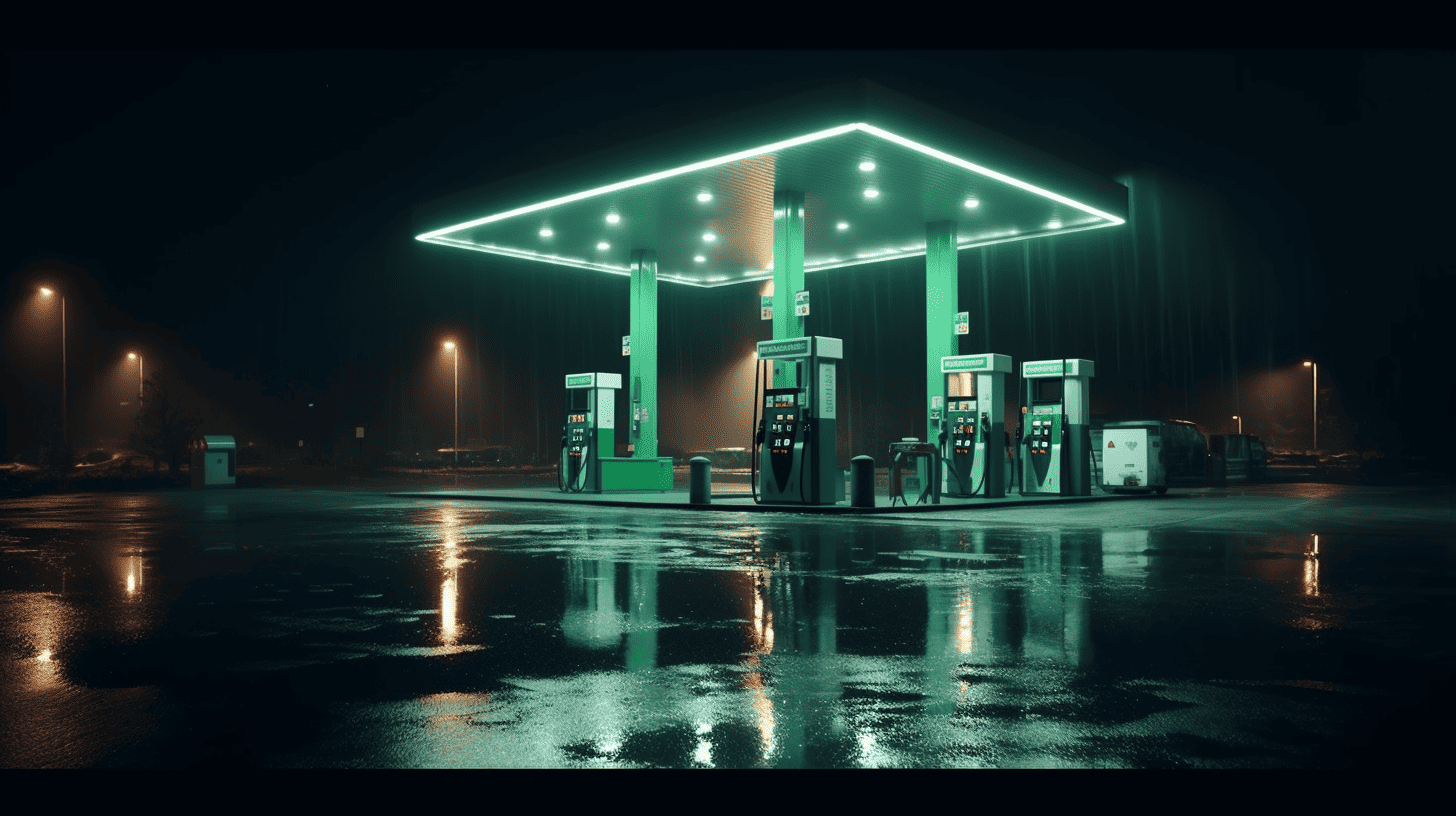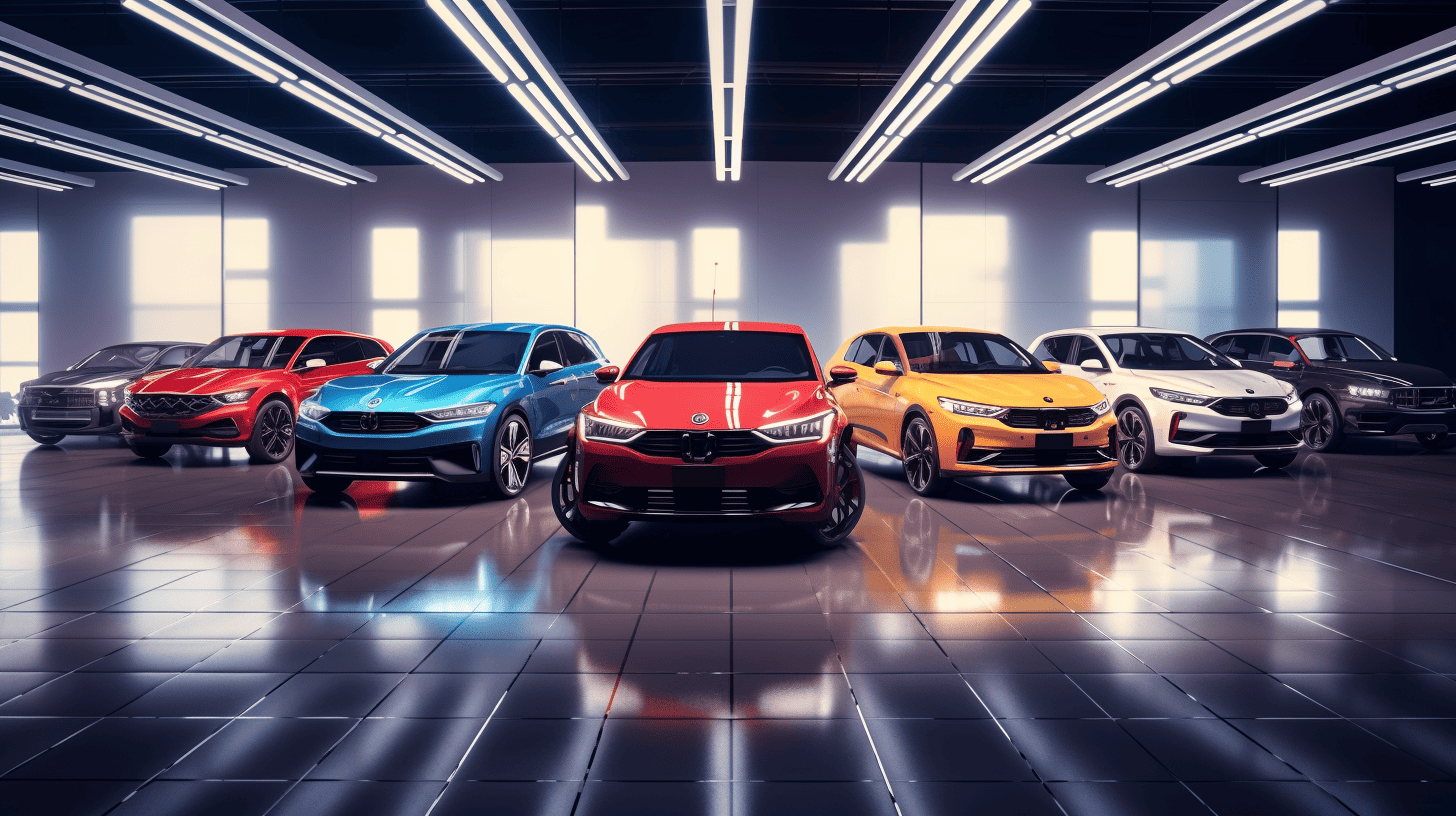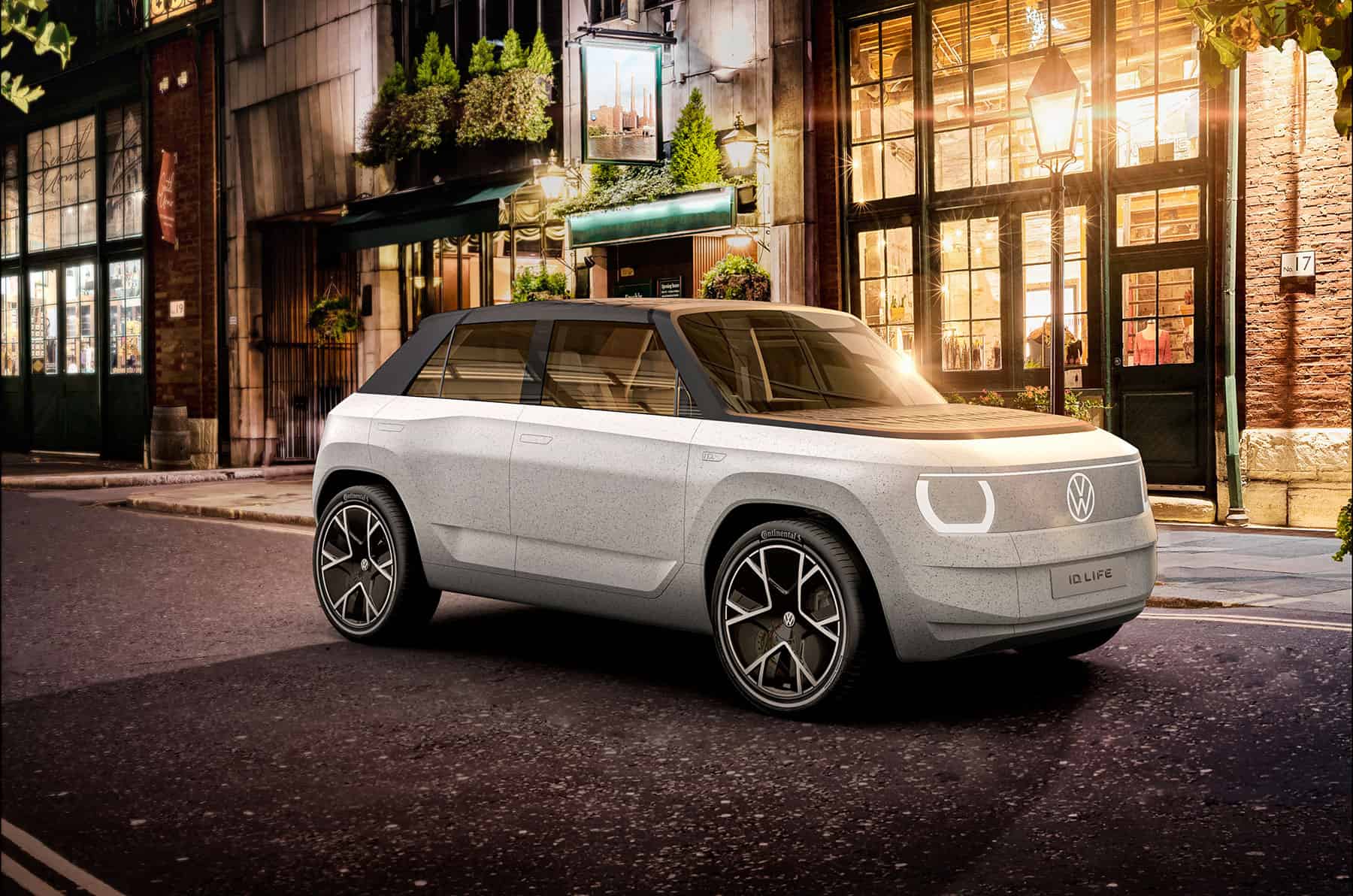
When I first heard of Tesla, it was in the context of the “crazy idea” of building an electric car with thousands of laptop batteries. In those days, the only known electric vehicles were forklifts or golf caddies. The first Tesla Roadster was already on the road and the Model S existed only as a 1:1 scale mockup.
I knew nothing about lithium-ion batteries (although my MacBook had them), the term “recuperation” was unknown to me, as was Elon Musk as a person.
It was the time when Apple had its rapid second rise, but this time to the absolute top, with innovations like the iPhone and the iPad. Both were dismissed as complete nonsense by the smartest insiders in the IT industry at the time. Steve Ballmer of Microsoft couldn’t stop laughing about the iPhone pocket computer.
The climate crisis existed for a few people, but the lion’s share of the world’s population hardly cared.
Freedom
The traffic turnaround as a fighting term was unknown. Today, however, it is often used as such, but it is usually forgotten that the overwhelming majority of Germans, indeed of the world’s citizens, consider the climate to be important, but do not want to give up their (in part hard-won) prosperity or freedom to drive anywhere at any time.
Part of this freedom – at least in Germany – is the much-vaunted “free ride for free citizens” on highways, but also the shift to alternative modes of transportation. The latter have not yet arrived in the mainstream, although the growth of electromobility up to September 2021 was impressive. With over 17 percent market share last month, a small revolution is slowly but surely brewing in the land of motor heads.
Mobility utopias
But another trend can also be observed. Certain intellectual circles are beginning to articulate their suspicions about the way we live ever more loudly and clearly. One of their representatives, sociologist and political scientist Harald Welzer, just had an appearance on the Markus Lanz talk show on German television that was quite a spectacle.
Lanz quoted from his book: “Instead of considering it possible that less energy will be produced and consumed in the future because, for example, there will be no more cars or airplanes, tech-heroes like Elon Musk, who are two generations too late, are glowingly worshipped, courted and shat upon with money, although they have nothing to offer other than the mobility utopias of the 1950s. Rockets, cars and hyperloops with the help of which one is supposed to get somewhere frantically fast, without the question being asked even once what one is actually supposed to do there.”
The other participants in the discussion then listened to a self-absorbed person go even one better. Above all at the mention of Grünheide, the site of the new Tesla factory just south-east of Berlin, one could see the eyes of the author glowing when he took the example of this Gigafactory in Berlin ad absurdum, including from a social point of view, by proclaiming that “employees produce Teslas that they can’t even afford.”
Fan bubble
However, Germans are not just made up of “poets and thinkers” but also of pragmatists, engineers and innovators. Thank God, one might say. On Saturday, October 10, Grünheide celebrated a kind of County Fair or open day. Largely unnoticed in the mainstream press, Elon Musk spoke to a cheering fan bubble who could see on a tour of the factory that everything is on launch. “Except” the final approval is still pending. That could take time because now online objections still have to be discussed. The launch date at the end of November or beginning of December has therefore just been canceled.
Back to Welzer. Let’s imagine what would happen to a world that will soon have 10 billion people and more to feed. What would happen if technology- and science-believing people did NOT try to change something here, to push back? What if there were no more research for better, cleaner energy sources? If intercultural encounters on Earth were rationed and possible only via zoom because the airplane has been outlawed and individual transport has disappeared? If researchers were unable to fight a pandemic like corona in record time through global collaboration? Of course, this would all happen with technology and tools that might seem completely foreign to a political scientist.
A scientist once said that prosperity is directly dependent on the price of energy, i.e. electricity. Nowadays, the word “clean” would have to be added. In a world of the 21st century, energy consumption will hardly decline. On the contrary: further electrification of society and industry will cause energy consumption to skyrocket. And even “tech heroes” like Elon Musk are thankfully not influenced by certain sociologists and political scientists. Instead of blathering, they take action. They take humanity further, possibly even to Mars and beyond.
The crazy ones
This brings us to the legitimate question: “What are we supposed to do”?
Let me answer that with some counter-questions: What should we be doing in the mountains? Under the surface of the ocean? In foreign lands? On the moon? In Bielefeld*? Maybe it would have done Welzer good to do some soul-searching and study a bit of human history. A tip would be “The Rise of Man” by Jacob Bronowski.
Questions have always been asked. They are and always have been the driving force of human development. But often they were not understood by the mainstream, who declared them crazy. Copernicus, Carl Benz, Einstein, Dylan, Luther King, Lennon, Ali, Oppenheimer, Gandhi, and yes, finally Jobs and Musk, to name a few.
“Here’s to the Crazy Ones.”
The legendary Apple commercial on the occasion of Jobs’ return in the 90s.
*) According to an internet hoax from the nineties, the German town of Bielefeld never existed. (The Bielefeld Conspiracy).
About this column:
In this weekly column, written alternately by Bert Overlack, Eveline van Zeeland, Eugène Franken, Helen Kardan, Katleen Gabriels, Carina Weijma, Bernd Maier-Leppla and Colinda de Beer, Innovation Origins tries to figure out what the future will look like. These columnists, sometimes supplemented by guest bloggers, are all working in their own way to find solutions to the problems of our time.



